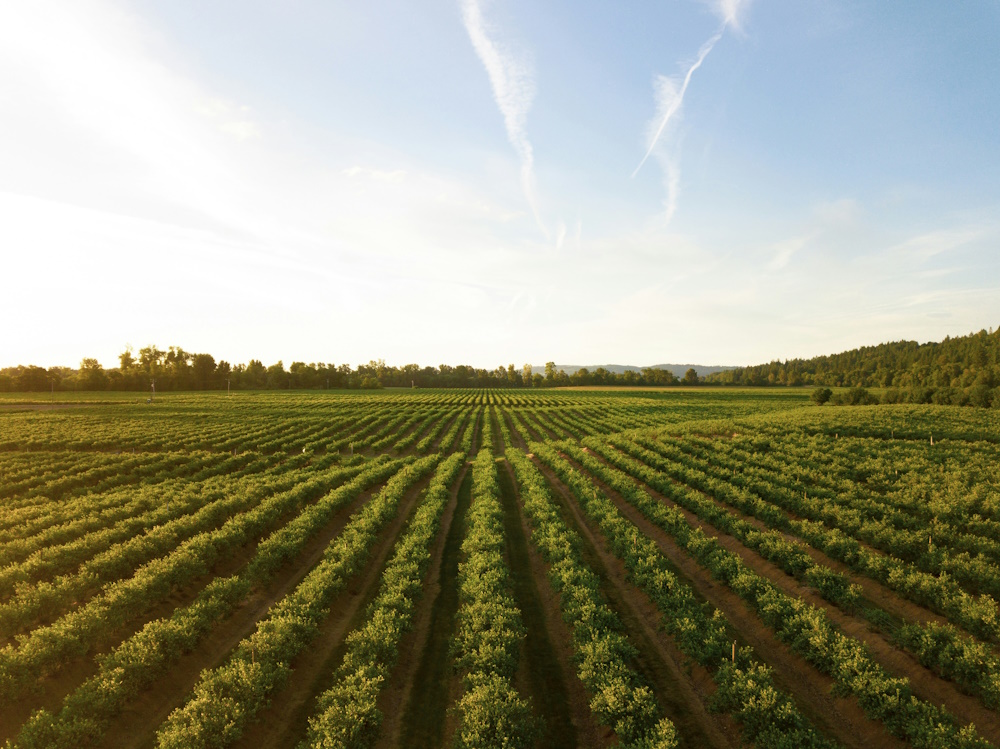All businesses depend on nature and its services, whether through direct operations or their value chains. This means every sector is exposed to nature risk, either directly or indirectly, due to reliance of economic activities on the stock of natural capital and the ecosystem services that flow from it.
As part of the SUSTAIN project– Strengthening Understanding and Strategies of Business to Assess and Integrate Nature – three insightful new sectoral case study documents of agri-food, built environment and energy systems, highlight practical insights around how companies are identifying and assessing their nature-related issues, building upon established frameworks and guidelines (such as the Taskforce on Nature-related Financial Disclosures (TNFD) LEAP (Locate, Evaluate, Assess, Prepare) approach, the Roadmaps to Nature Positive, etc.) as well as the essential role the systems they operate in play, to contribute to the global goal for nature.
Each document aligns with the High-level Business Actions on Nature to Assess, Commit, Transform, and Disclose (ACT-D) framework, emphasizing the importance of the initial step, Assess. This focus helps companies address nature-related dependencies, impacts, risks, and opportunities (DIROs) systematically, setting them on a path to contribute to the global goal for nature: to halt and reverse nature loss by 2030 and achieve full recovery by 2050.
Sectoral Business Case Documents
Dive into the details of the case study documents to find out more on typical dependencies, impacts and risks on nature for the respective systems and 8 company nature journeys.
- ❔ The ‘Why’: the rationale to act on nature as a private sector company
- 🔧 The ‘What’: use of tools in the process, and alignment with relevant frameworks, standards and disclosure schemes
- 💡 The HOW: practical examples of how to identify, asses as well as commit and act on nature-related issues
-> Built Environment System In this document, case studies from Sacyr, Holcim, and AECOM are showcased, each detailing their journey to identify and assess their nature-related issues and taking action. These examples highlight the various methods and practices that can be employed to address nature-related dependencies and impacts in the built environment and is aimed at sustainability teams, civil society organizations, and financial institutions involved in the built environment sector. Read the case studies here.
-> Energy System This document presents case studies from three energy companies – Iberdrola, Equinor, and CLP – showcasing their unique approaches to integrating nature-related considerations into their operations. By exploring these case studies, companies in the energy sector can gain inspiration and guidance on how to begin assessing and managing their environmental impacts effectively. This document can support sustainability and nature teams within companies, civil society organizations, and financial institutions investing in the energy sector. Read the case studies here.
-> Agri-Food System Featuring case studies from Nutrien and Olam Agri, this document offers insights into how two agri-food companies from different value chain stages are tackling nature-related issues. By aligning their strategies with the ACT-D framework, these companies demonstrate the diverse approaches which can be adopted by others in the sector. This resource is aimed at sustainability teams, civil society organizations, and financial institutions focused on the agri-food industry, providing them with the knowledge to understand and manage nature-related risks and opportunities. Read the case studies here.
Dissemination webinar: A closer look at how business and finance are Assessing and Acting on Nature-Related Issues
To delve deeper into these sectorial business case documents, we invite you to join our dissemination webinar on the September 5th, 2024. Gain insights from companies and industry experts on their journey to tackle nature-related challenges.
In each session you will hear from two different businesses on their nature journey, and in addition, hear about the Dutch Central Bank’s case study on the relevance of nature risks to the financial sector. Don’t miss this opportunity to learn and get inspired to drive your organization toward more sustainable practices.



